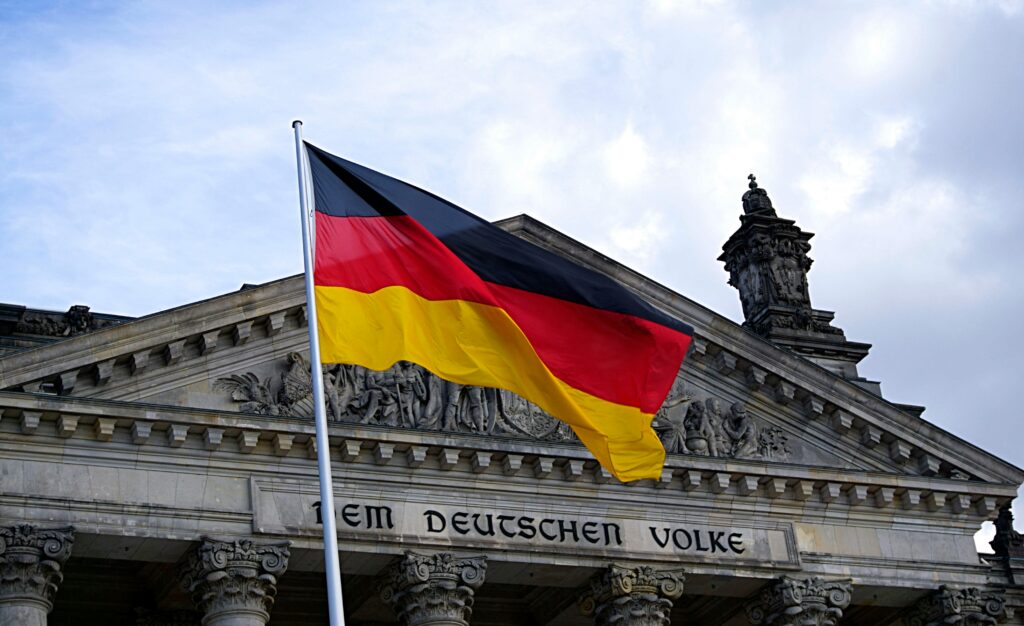- Politics
- Germany's Secular Society
- By Manohar Patil
Navigating the Complexities of Germany's Secular Society
Germany stands as a testament to a deeply ingrained secular tradition, where the separation of church and state is a cornerstone of its modern democratic identity. While this commitment to secularism has fostered religious freedom, equality, and social cohesion, the nation nonetheless grapples with evolving challenges and debates that arise within a highly secularized public sphere. Understanding these nuances is crucial for grasping the contemporary landscape of German secularism.
Defining German Secularism: A Historical Context
Unlike some countries with strict state atheism, German secularism isn’t about eradicating religion from public life but rather ensuring neutrality and equal treatment for all faiths and none. Rooted in Enlightenment ideals and solidified after the tumultuous religious conflicts of its history, the German Basic Law guarantees freedom of religion while maintaining a distinct distance between state institutions and religious organizations. This includes, for instance, state-collected church taxes for registered religious communities and religious education within public schools, albeit on a voluntary and confession-specific basis. This unique model reflects a nuanced approach to religious pluralism.
Integration, Identity, and Religious Expression
One of the most prominent areas where the consequences of evolving societal views on secularism become apparent is in the realm of integration, particularly concerning new immigrant communities. The influx of diverse religious groups, especially those with more visible forms of religious expression than traditionally mainstream German churches, has prompted public discourse on the limits of religious freedom in a secular state. Debates surrounding headscarves for public servants, the construction of mosques, or religious practices in schools often highlight the tension between individual religious rights and the state’s commitment to neutrality. These discussions are not a rejection of secularism itself, but rather an ongoing negotiation of its practical application in a changing demographic landscape.
The Decline of Traditional Religious Institutions
Another significant consequence of Germany’s deeply secularized society is the accelerating decline in membership and influence of traditional Christian churches. Large numbers of Germans, especially younger generations, are disassociating from organized religion, leading to falling church attendance and a diminished role for these institutions in public discourse. While this trend is multifaceted and not solely attributable to secularism, the prevailing societal embrace of individual autonomy and diverse worldviews certainly contributes to it. This shift raises questions about the future of religious institutions, their financial models, and their ongoing social relevance in a society increasingly defined by non-religious affiliations.
Navigating Ethical Frameworks and Social Cohesion
In a society where traditional religious moral frameworks are less universally binding, Germany faces the ongoing task of forging common ethical ground and ensuring social cohesion based on shared democratic values. Discussions on bioethics, end-of-life care, and family structures, for example, increasingly take place outside purely religious paradigms. While this allows for more inclusive and diverse perspectives, it also necessitates robust public deliberation and the continuous reinforcement of civic values that underpin a secular democracy.
In conclusion, Germany’s experience with German secularism is not one of inherent failure, but rather a dynamic process of adaptation. The challenges it faces are less “consequences of secular theory” and more the complexities of maintaining a liberal, inclusive society in the face of evolving demographics, diverse worldviews, and changing religious landscapes. The ongoing debates reflect a healthy democratic engagement with how best to uphold both individual freedoms and collective well-being within a deeply secular framework.
Share this Article
WhatsApp
LinkedIn
Telegram
Email
Get Daily Updates to Your Inbox
Subscribe to News Letter
Advertisement


